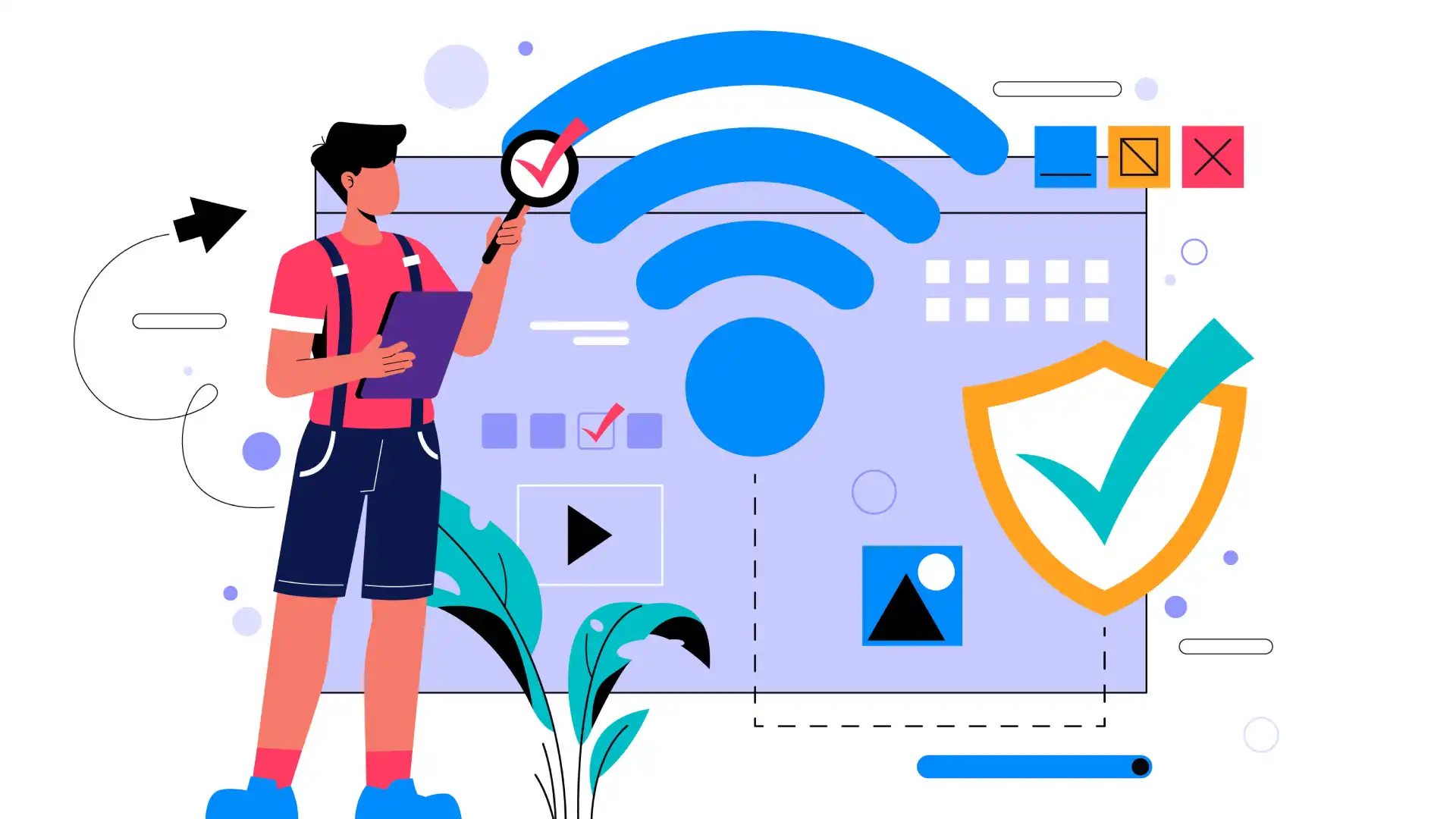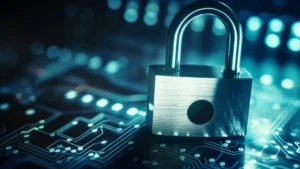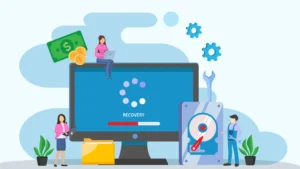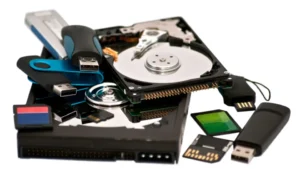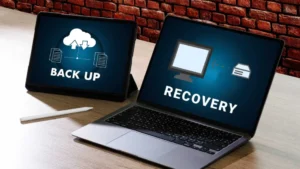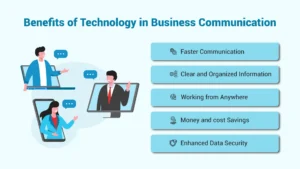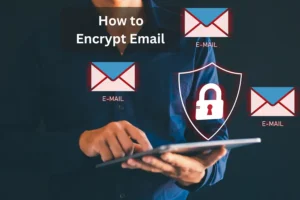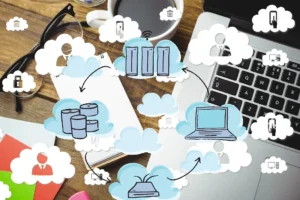Do your kids examine every gift under the tree, shaking and trying to guess what’s enclosed within?
Mom’s Secret Codes
My mom used various codes to prevent us from knowing which ones were ours. It varied between numbers, letters and symbols, and each year it was a different method that only she knew.
Junior High Codes
In Junior High, we used numbers or symbols to write letters so that if someone else found our letters, they wouldn’t know who our latest crush might be or what we thought about the latest gossip going around the school. That was important stuff; we didn’t want everyone to know our secrets! However, it all depended on a code that told both the writer and reader what substitutions had been made. It is knowing that in one case an “A” might mean a “J”, but in another case, it might mean a number.
Encryption in Everyday Life
This is an example of how we use encryption every day in our lives. We hear about data encryption, but do we understand its importance? I was recently asked “what exactly is data encryption?”. The general definition is the process of translating data into another form, or code, so that only people with access to a secret key or password can read it.
Beyond Secrets: Protecting Personal Data
Encryption is more important than just Junior High secrets; it’s the basics that keeps our passwords, bank information, and other personal data secured. It is what gives us the peace of mind to do online banking or check our email. But is it always in place? When your phone connects to an unsecured Wi-Fi, that means that no encryption is being used when transmitting data.
Risks of Free Wi-Fi
Free Wi-Fi is common these days. You can find it at our local coffee shop, the local restaurant, and even my auto repair shop. Any place where we might be asked to wait and “kill time”. It seems like a great thing, not using your cellular data plan to update Social Media. But how about checking your bank balance before you pay for that auto repair? Encryption is what gives us peace of mind, but it’s not present when using unsecured Wi-Fi.
Securing Your Data
If you find yourself using free, unsecured Wi-Fi for activities needing your password, please talk with us about ways we can help secure your data.
Author
-
Jay S. Allen, MCP, MCSA, MCSE, MCSE+ Security, is an experienced IT professional with more than 20 years in the industry. He specializes in delivering enterprise-level cybersecurity and IT support solutions tailored to small and mid-sized businesses. Through Techno Advantage, Jay is dedicated to helping organizations strengthen their security posture and achieve greater efficiency through smart, scalable technology solutions.


